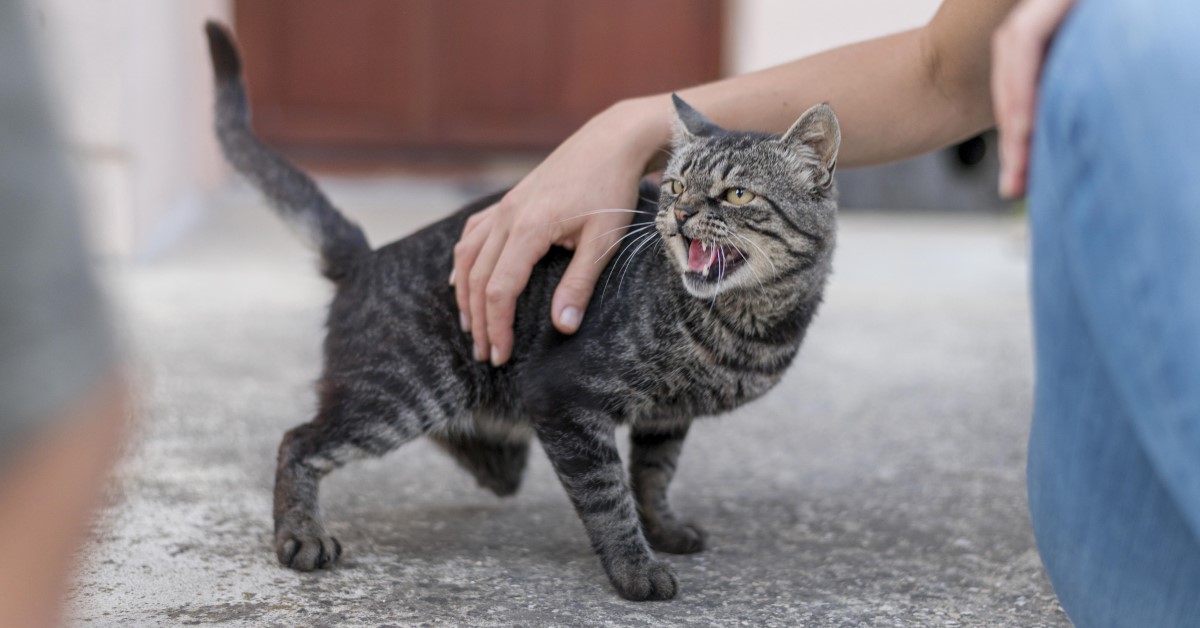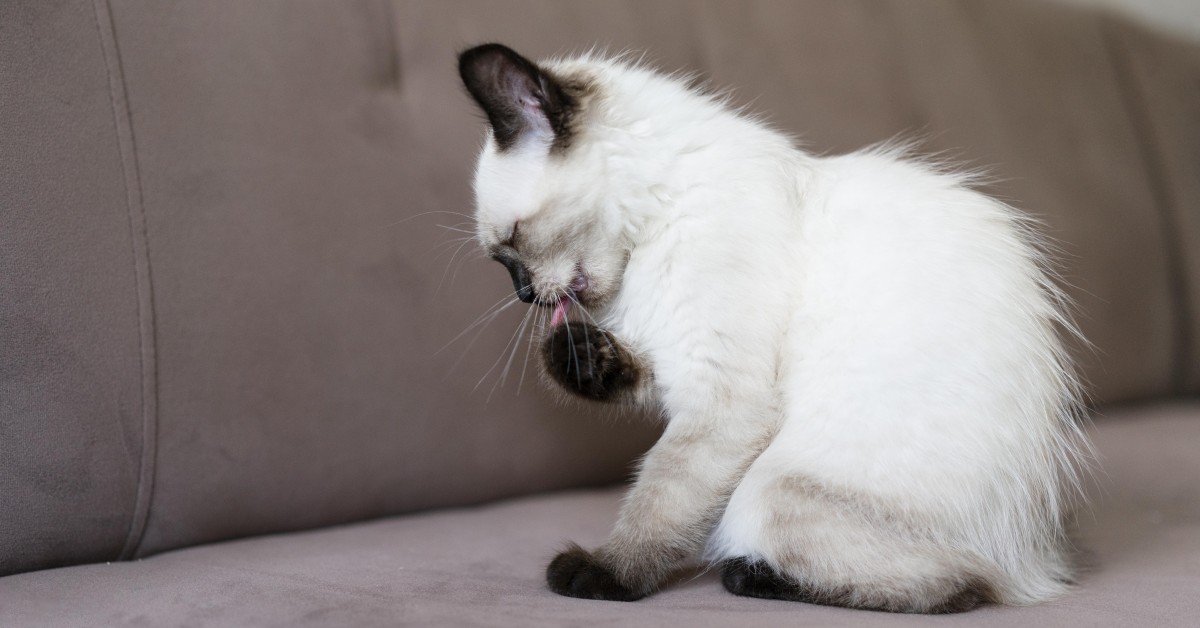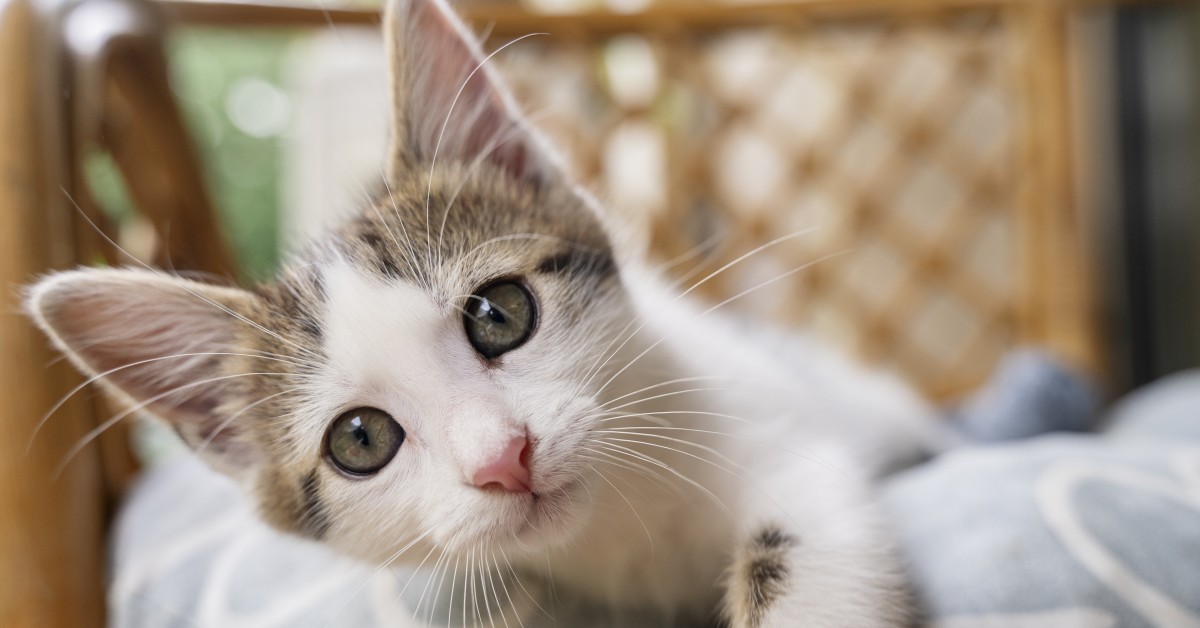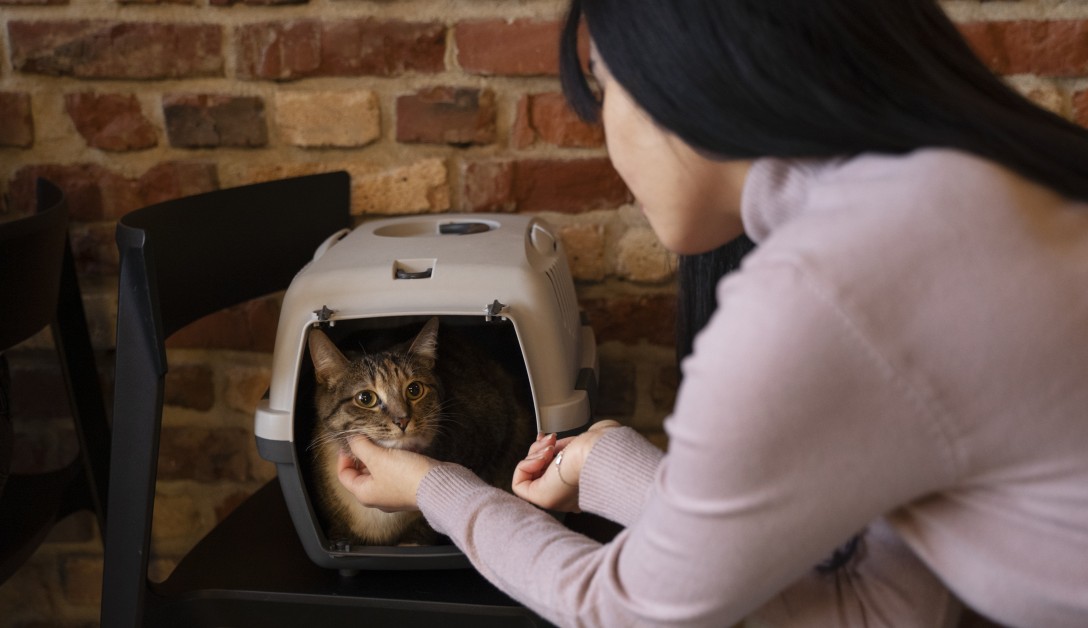Understanding and Correcting Cat Behavior
A little patience, knowledge, and guidance can help you correct feline behavioral problems.

Your cat may be your best friend, but even best friends can prove irritating from time to time. Your kitty's misbehavior doesn't mean that it's trying to get under your skin -- in most cases, it's either caused by instincts or a reaction to a stressful or painful situation. Thankfully, you can steer your cat away from those undesired behaviors once you understand what they mean and how to respond to them constructively. Check out this guide to understanding and correcting cat behavior.
Common Behavioral Problems in Cats
Even the most annoying feline behavioral problems seem less obnoxious when you understand why your cat indulges in them. Common behavioral issues include:
- Yowling - Cats may make yowling or loud meowing noises to express pain, hunger, or intense discomfort. Think of it more as a cry for help than a misbehavior. A cat that feels neglected may yowl out of sheer loneliness. Heat cycles (see below), dementia, and hearing loss can also cause cats to turn up the volume.
- Scratching - Cats scratch at furniture and other objects to help keep their toenails at a healthy length. While an outdoor cat might dull its nails through everyday exposure to a harsh environment, indoor kitties have no such self-grooming outlet. Long, pointy nails can get stuck in flooring or carpeting, potentially ripping away from the toes and wounding them.
- Inappropriate elimination - Some cats can't help peeing or pooping inappropriately due to a problem with their bladder, bowels, or mobility. Others are displaying their dissatisfaction with a dirty litter box or some other aspect of their environment.
- Aggression - Cats will defend themselves if they feel threatened. However, feline play also involves mock-aggressive actions such as biting, wrestling, and swiping at playmates with their claws. If your cat behaves aggressively outside of playtime and you can't identify anything that might threaten or worry it, your cat may either be experiencing a heat cycle or suffering from a painful, undetected medical problem.
- Nighttime hyperactivity - Does your cat get the "zoomies" at night? Contrary to popular belief, cats aren't really nocturnal animals; they display the most activity just before sunup and just before sundown. A cat that displays hyperactive nighttime activity probably doesn't get enough exercise or mental stimulation during the day.
How to Correct Your Cat’s Behavior
First and foremost, you should never punish your feline friend for its misbehavior. Cats don't associate yelling or physical discipline with their own undesired actions; they will more likely learn to fear and avoid you instead. Returning aggressive behavior with your own aggression might even reinforce the idea of aggression as a fun game that you're rewarding instead of punishing. Instead, practice positive reinforcements such as praise or treats when your kitty behaves the way you want it to.
Although direct negative reinforcement doesn't work, indirect negative reinforcement often does. In indirect negative reinforcement, your cat reacts to (and hopefully learns from) a bad experience it receives from its environment, not from you. For instance, if you want your cat to stay out of certain parts of the house, you can spray scents that are unpleasant to felines such as citronella, wintergreen, or eucalyptus oil. This will make your cat naturally want to avoid those areas. If your cat chews on household objects, add some cayenne, aloe gel, bitter apple, or cayenne to those objects to make them unpalatable.
You can fix many many feline behavioral problems by modifying your cat's surroundings or daily routine. For example, stressful situations such as a new cat in the house or changes in the home's layout can trigger aggression, urine marking, and other issues. Moving items back to their former locations or giving each cat its own separate living space can resolve these behavioral issues.
Cats that zoom around like race cars at night could benefit from more activity during your waking hours. Try tiring your cat out in the evening with a vigorous play session. Your cat may also get sleepy at the appropriate time if you feed it a high-protein dinner close to bedtime. To entice your cat into a full, comfortable night's sleep, get a heated kitty bed and switch it on in the evening.
Urine spraying, yowling, and aggression can all occur simultaneously when a cat goes into heat. Thankfully, this trio of misbehaviors has a single, simple solution. Sexual sterilization not only helps to eliminate these behaviors, but it will also help protect your four-legged friend from reproductive cancers and other health threats (not to mention protecting your household against unwanted litters of kittens).
If your cat scratches obsessively at your valuable furniture, give it some furniture of its own designed expressly for that purpose. A scratching post will take all the punishment your cat's claws can dish out while also dulling and trimming the nails naturally. It also gives your cat one more way to tire itself before bedtime.
Your Vet May Have Answers to Your Cat's Issues
As noted above, your cat's misbehavior might stem from an underlying medical problem that calls for veterinary attention. If your cat has changed its behavior lately, schedule an appointment so your vet can look for any conditions that might require treatment (including spay or neuter surgery for heat-related misbehavior). A happy, healthy kitty will almost certainly improve your household harmony!
Ready to start saving money on pet wellness care?
Then take a look at Mint Wellness, the pet wellness plan that provides fast reimbursement on routine pet care. Save on vaccinations, wellness exams, preventatives, dental, and more!
Learn More


